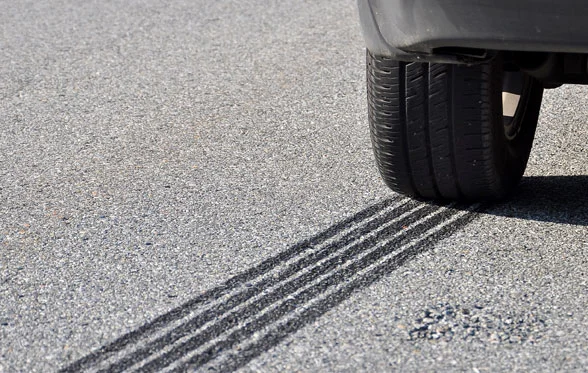On 31st May 2013, the South African Department of Trade and Industry published proposed amendments to the compulsory specifications for both M1 and N1 category vehicles that would require all electric and hybrid electric vehicles to comply with the requirements of UN ECE Regulation No. 100.01.
UN ECE Regulation No. 100.01 specifies safety requirements for road vehicles equipped with one or more electric traction motors and includes requirements on rechargeable energy storage systems, protection against electric shock and functional safety. In October 2011, the South African Bureau of Standards (SABS) published a national standard that replicated the requirements contained within ECE 100.01; South African National Standard (SANS) 20100:2011.
The South African Department of Trade and Industry are now proposing amendments to the compulsory specification for motor vehicles of category M1 (No. R. 1080) and to the compulsory specification for motor vehicles of category N1 (No. R. 1073) to mandate compliance with SANS 20100:2011. In these proposals, compliance with SANS 20100:2011, with compliance with ECE 100.01 itself permitted as an alternative, would become mandatory for all vehicles with a maximum design speed exceeding 25 km/h that are fitted with an electric power train, i.e. battery electric vehicles and hybrid electric vehicles. It is proposed that compliance with this new requirement would become mandatory for all new vehicle models homologated from 1st January 2014.
